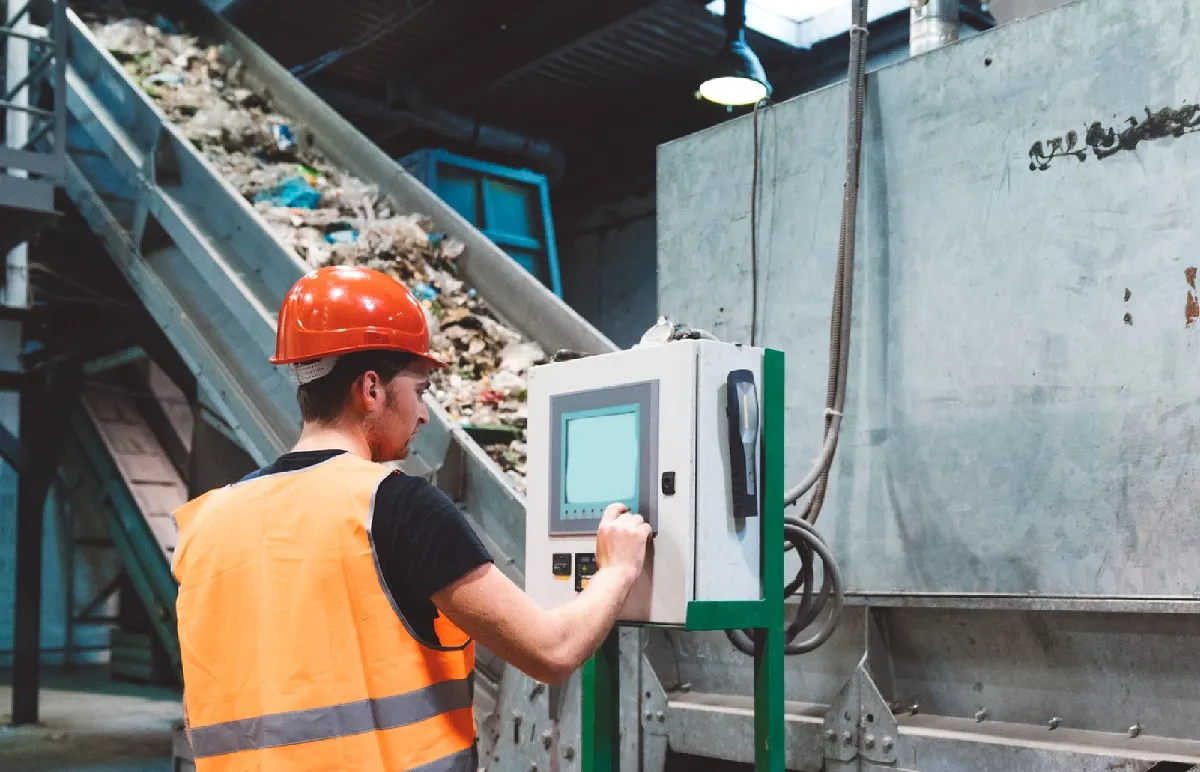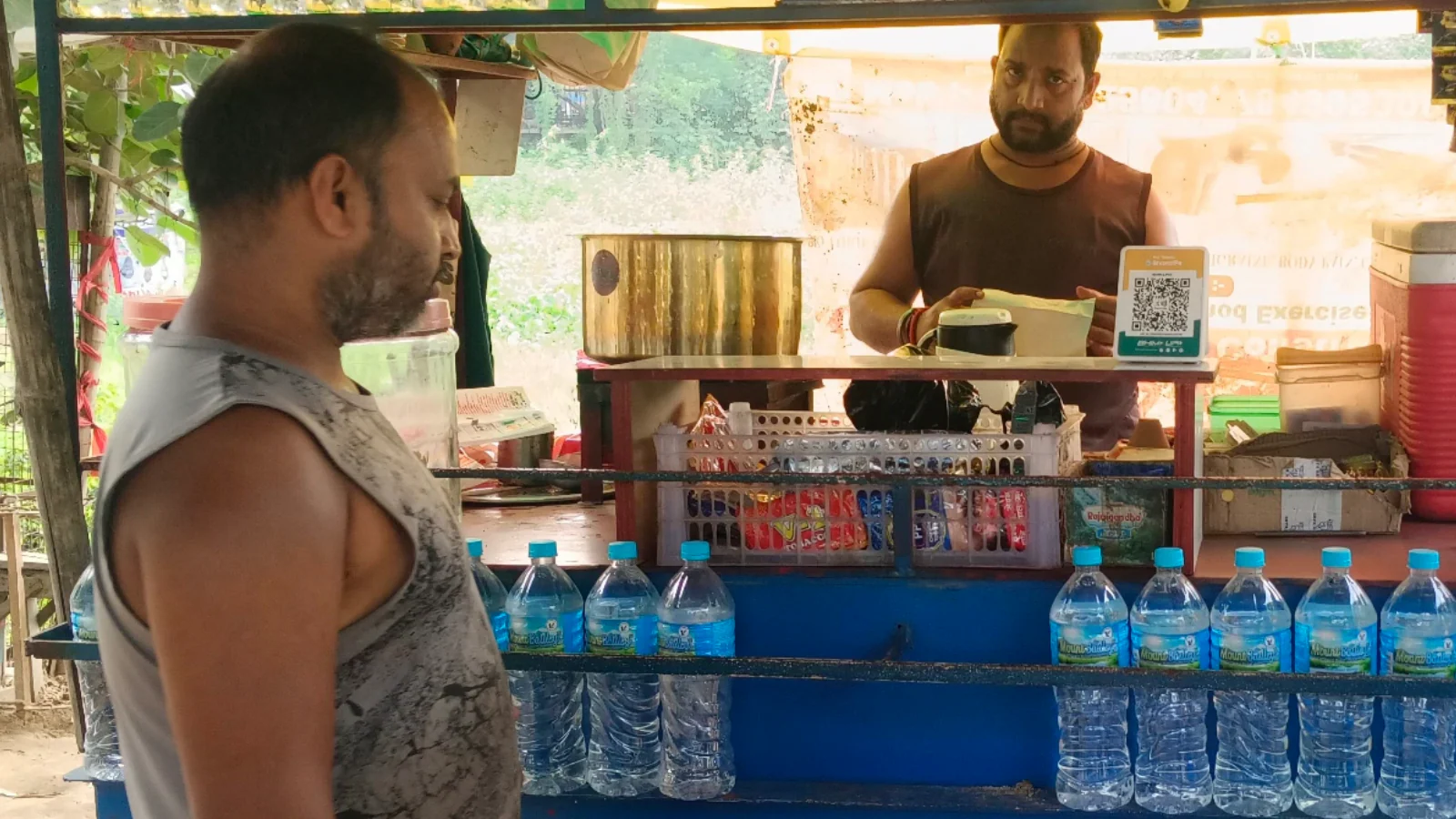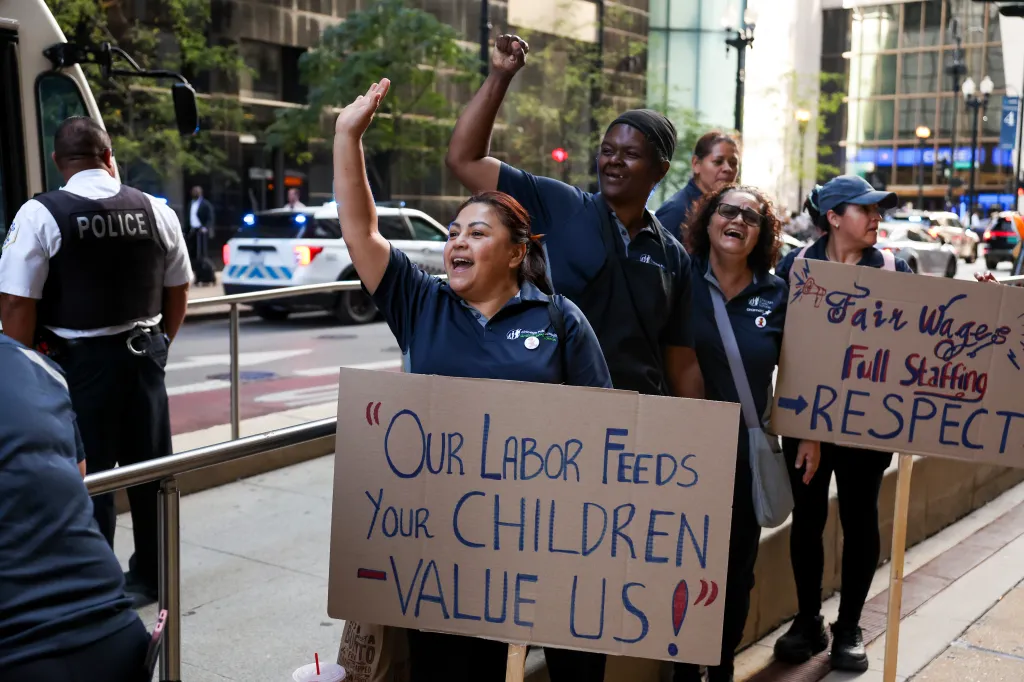By Femie Cupit
Copyright timesofsandiego

San Diego County is home to one of the most dynamic and diverse economies in California. From family-run Filipino markets in National City to small logistics firms in Otay Mesa, our region thrives because of the hard work and entrepreneurial spirit of small and minority-owned businesses. These businesses are not just economic engines — they’re cultural anchors, community employers, and drivers of upward mobility.
That’s why, as California pushes forward on some of the most ambitious environmental goals in the nation, it’s critical that state leaders ensure their policies work for the people on the ground. Bold climate action should be paired with practical solutions that recognize the real-world constraints small businesses face every day.
We at the Filipino American Chamber of Commerce of Greater San Diego are encouraged by the direction CalRecycle and the Newsom administration are taking with the most recent draft regulations to implement Senate Bill 54. These regulations aim to reduce plastic waste and accelerate the shift toward a circular economy — goals we fully support. But in early stages, there was real concern among our members that these rules could be too rigid, too costly, and too disconnected from the needs of small, immigrant-owned, and community-based businesses.
In previous drafts, the law’s implementation risked creating steep financial burdens on businesses that already operate on tight margins. For a Filipino-owned corner store in Mira Mesa or a produce distributor in Chula Vista, even a modest increase in packaging costs or new compliance mandates could mean the difference between keeping staff or cutting hours. Many of our members don’t have legal departments or sustainability officers — they’re focused on keeping their doors open, serving their customers, and staying competitive.
Fortunately, policymakers seem to be listening.
The latest draft of the regulations reflects a much more balanced and inclusive approach. CalRecycle has clearly worked to build in flexibility based on business size and industry type, which is essential in a region as varied as San Diego County. One-size-fits-all mandates simply don’t work for the small, family-run enterprises that power our local economy. Acknowledging this diversity, and tailoring rules accordingly, is a key step toward ensuring successful and equitable implementation of SB 54.
Even more encouraging is the draft’s recognition that California must broaden its recycling toolkit to truly reach its sustainability goals. Many of the materials used by businesses in food processing, agriculture, and shipping — such as pallet wrap and multi-layered flexible films — are critical for maintaining product quality, preventing spoilage, and keeping costs down for consumers. Banning or phasing out these materials without viable alternatives would disproportionately impact small businesses and disrupt supply chains that stretch across the border and throughout the state.
That’s why embracing technological innovation is so important. With the right incentives and regulatory structure, California can lead the nation in advanced recycling — creating new infrastructure, new jobs, and new market opportunities without sacrificing food safety, product integrity, or affordability. These are win-win solutions that protect the environment while supporting economic growth and competitiveness.
But regulation alone isn’t enough. If we want this transition to succeed, we need an equally ambitious investment in education, technical support, and infrastructure. That includes rural access to recycling facilities, multilingual outreach to immigrant and small business owners, and partnerships with chambers of commerce and community-based organizations. In a border region like ours, that also means accounting for the complexities of cross-border commerce and ensuring binational supply chains are supported — not disrupted.
The state must also continue engaging directly with the business community. Feedback loops matter. Our members want to be part of California’s environmental progress, but they need a seat at the table and a clear understanding of how rules will affect their operations. Regulations that are flexible, clearly communicated, and coupled with hands-on support are far more likely to deliver both environmental and economic benefits.
San Diego’s Filipino and immigrant business community has always embraced innovation and resilience. We stand ready to do our part in building a cleaner, more sustainable California. With continued collaboration and a thoughtful implementation strategy, SB 54 can be a model for how environmental progress and economic inclusion go hand in hand.
We commend CalRecycle for moving in the right direction and urge the state to keep listening, keep adapting, and keep building a path forward that reflects the voices of every community — not just the biggest or loudest.
Femie Cupit is the founder and president of the Filipino American Chamber of Commerce of Greater San Diego, which advocates on behalf of Filipino entrepreneurs and small business owners across the region.



